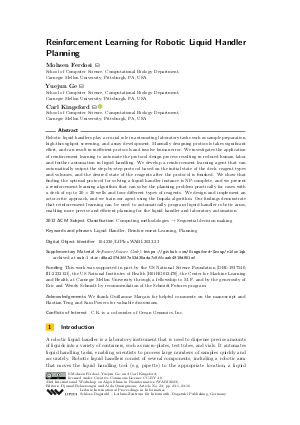LIPIcs.WABI.2023.23.pdf
- Filesize: 1.42 MB
- 16 pages

 Creative Commons Attribution 4.0 International license
Creative Commons Attribution 4.0 International license


















Feedback for Dagstuhl Publishing